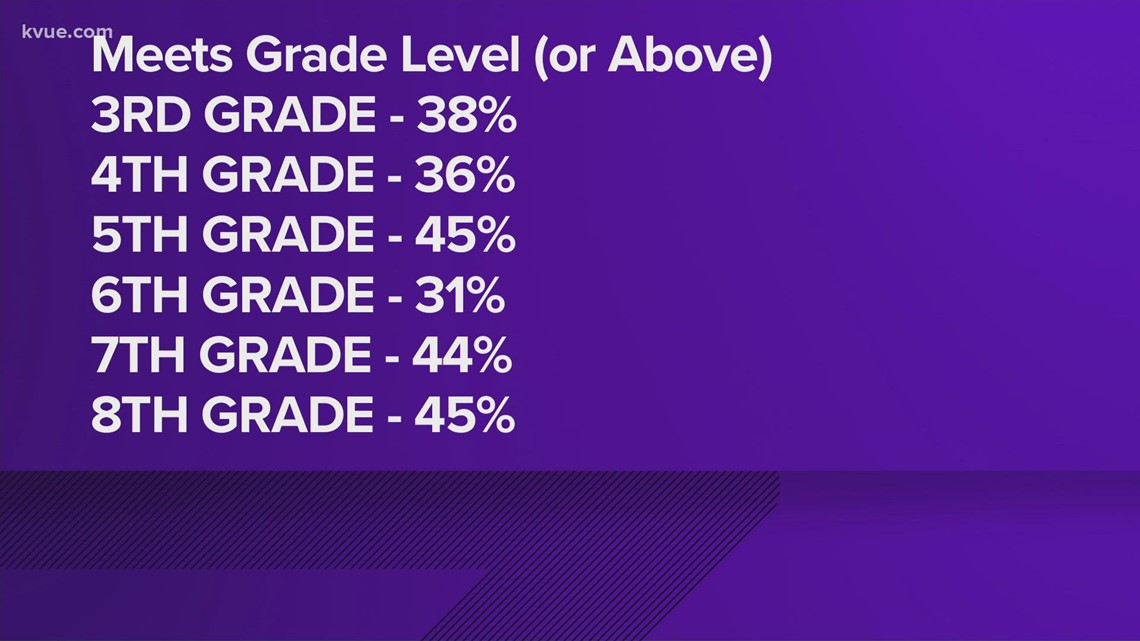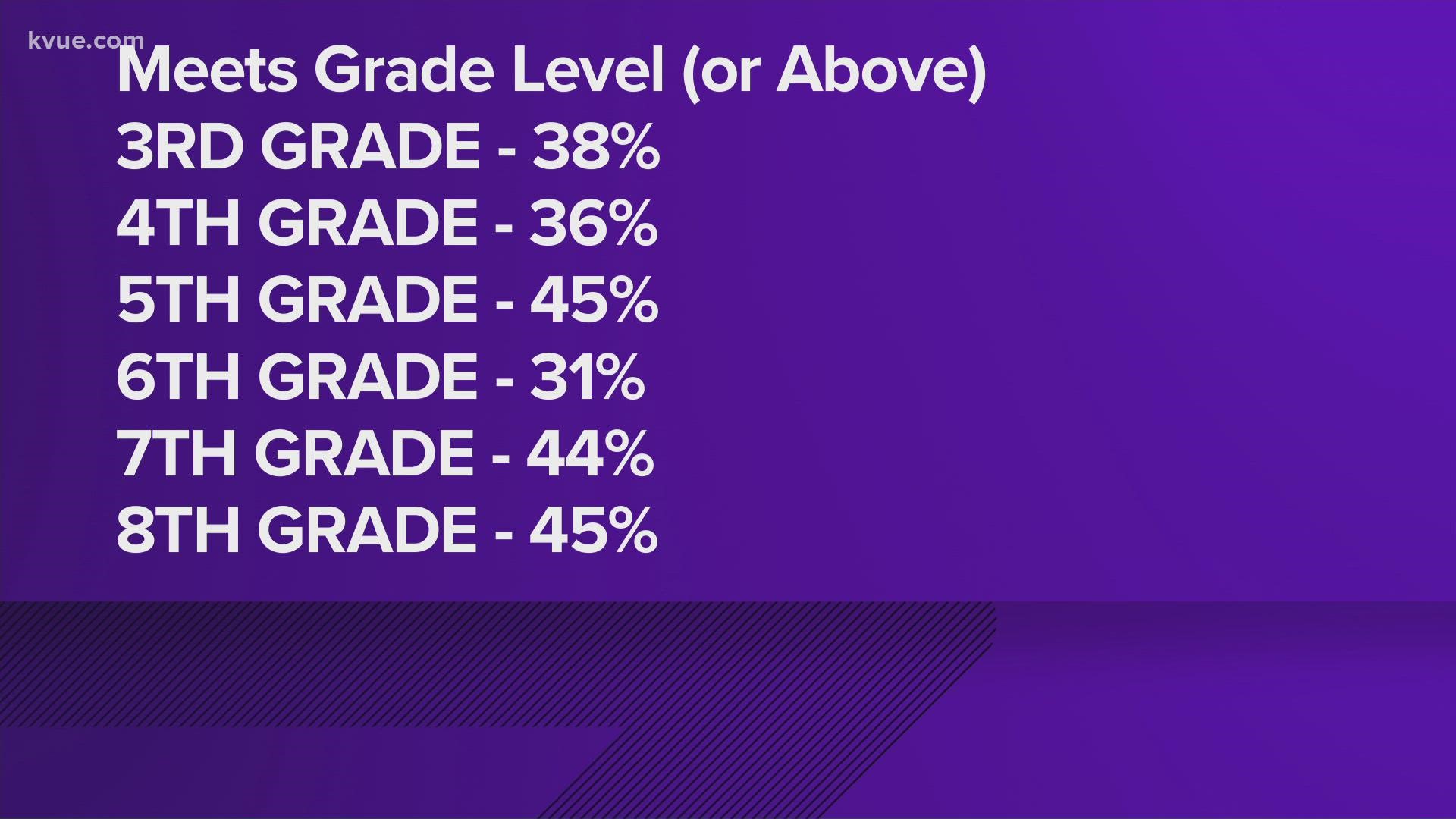AUSTIN, Texas — In late October, State Rep. Matt Krause (R-Fort Worth) launched an investigation into certain school districts over the types of books available to students.
That list, which is available in a spreadsheet published here, included around 850 books spanning on topics such as sexuality and race. He also began asking districts if they had them on shelves. Austin ISD, for example, said it would not respond to his request since its library is searchable online.
Then, in December, Gov. Greg Abbott called on both the Texas Education Agency and the State Board of Education for the removal of books with "overtly sexual content" from school libraries and to develop standarss for how books get onto school shelves.
One author, Robin Talley, spoke with KVUE's sister station WFAA after she wound up on the list four times. She said she was very surprised when her books were named.
“I don’t know what must have been going through their minds when they were doing it," Talley said. "But it seems as though they are of the opinion that children are not able to read about people who may be different from them or people who might be going through something that these children can relate to.”
An excerpt from Krause's letter sent to school districts can be read below:
"Please identify any other books or content in your District, specifying the campus location and funds spent on acquisition, that address or contain the following topics: human sexuality, sexually transmitted diseases, or human immunodeficiency virus (HIV) or acquired immune deficiency syndrome (AIDS), sexually explicit images, graphic presentations of sexual behavior that is in violation of the law, or contain material that might make students feel discomfort, guilt, anguish, or any other form of psychological distress because of their race or sex or convey that a student, by virtue of their race or sex, is inherently racist, sexist, or oppressive, whether consciously or unconsciously."
Here in Central Texas, Leander ISD recently identified 11 books that it will be removing from classroom libraries and an optional book club. However, those books are still available in campus libraries. The district is expected to discuss the topic at its board meeting Thursday night.
While some state leaders are investigating what students are reading, political analysts say there is a much bigger problem they should be tackling – reading levels.


The image above shows the statewide 2021 results of the STAAR reading test for students in third through eighth grades.
Less than half of the students in each grade are reading at grade level or above. And for sixth-graders, only 31% read at grade level. The highest scores are for fifth- and eighth-graders but, even then, just 45% read at grade level.
On Dec. 27, the Austin Public Library issued the following statement on book banning and library censorship:
The Austin Public Library stands with the entire library community in defense of the freedom to speak and the freedom to read, and opposed to censorship of any library materials. We remain committed to providing the entire Austin community with access to books, ideas, and knowledge, and to fostering a Library for All.
“Freedom to read is a right that must be protected in our schools and public libraries, and we must not give in to the vocal few that want to speak for the many,” stated Austin Public Library Director Roosevelt Weeks.
In October 2021, the Texas Library Association (TLA) noted a “substantial increase in censorship activity” in Texas libraries. In a statement from October 26, the TLA stated:
“The Texas Library Association (TLA) holds that the freedom to read is a human right, protected by the First Amendment of the United States Constitution. TLA believes that individuals have the right to free inquiry and the equally important right to form their own opinions. Freedom in selecting materials is a necessary safeguard to the freedom to read and shall be protected against irresponsible attempts by self-appointed censors to abridge it. Therefore, TLA opposes efforts that restrict the freedom to read through banning, removing, or other forms of restricting access to books or other materials.”
In November 2021, the American Library Association’s (ALA) Office for Intellectual Freedom (OIF) reported an “unprecedented volume” in challenges to books in the Fall of 2021. In a joint statement from the ALA’s Executive Board and the Boards of Directors for all of ALA’s eight divisions, the ALA said:
“In recent months, a few organizations have advanced the proposition that the voices of the marginalized have no place on library shelves. To this end, they have launched campaigns demanding the censorship of books and resources that mirror the lives of those who are gay, queer, or transgender or that tell the stories of persons who are Black, Indigenous, or persons of color… ALA strongly condemns these acts of censorship and intimidation.”
PEOPLE ARE ALSO READING:

